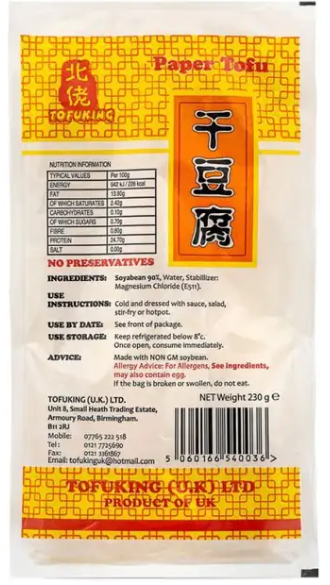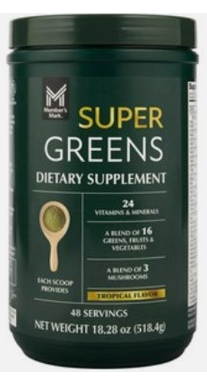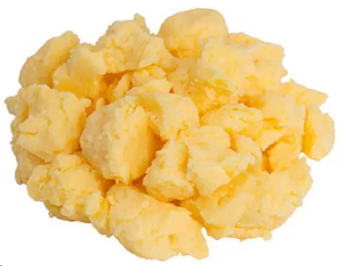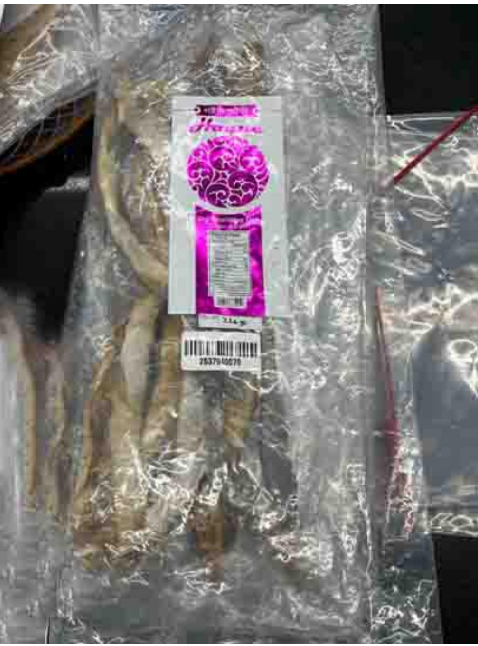The FDA and CDC, in collaboration with state and local partners, are investigating illnesses in a multistate outbreak of Salmonella Richmond infections linked to a single lot of moringa leaf powder supplied to the US by Vallon Farm Direct PVT LTD of Johdpur, India. As part of this investigation, all Members’ Mark Super Greens dietary supplement powder has been recalled, regardless of lot codes and best by/use before dates. According to the CDC, 9 of the 10 people interviewed (90%) reported eating powdered dietary supplements. Six of these people reported eating Member’s Mark Super Greens Powder. Three people reported other products containing moringa leaf powder. Traceback records for organic moringa leaf powder collected from the supply chain for all eight points of sale converged on a direct importer, Vallon Farm Direct PVT LTD, sourced from Vallon Farm Direct PVT LTD in India. A single lot of organic moringa leaf powder (lot code VFD/ORG/MORP/L/24, with a best before date (BBD) of November 2027) from Vallon Farm Direct of India can explain all illnesses included in the traceback investigation. A sample from an ill person tested positive for Salmonella. Based on WGS, the strain causing illnesses in this outbreak. An open sample of Member’s Mark Super Greens dietary supplement powder was collected from the home of an ill person. The sample tested positive for Salmonella and, based on WGS, matches the strain causing illnesses in this outbreak. Sam’s Club has ceased distributing and selling this product. FDA is working to determine the point of contamination and what additional products are impacted. This advisory will be updated as information becomes available. @ https://www.fda.gov/food/outbreaks-foodborne-illness/outbreak-investigation-salmonella-moringa-leaf-powder-october-2025?utm_medium=email&utm_source=govdelivery




